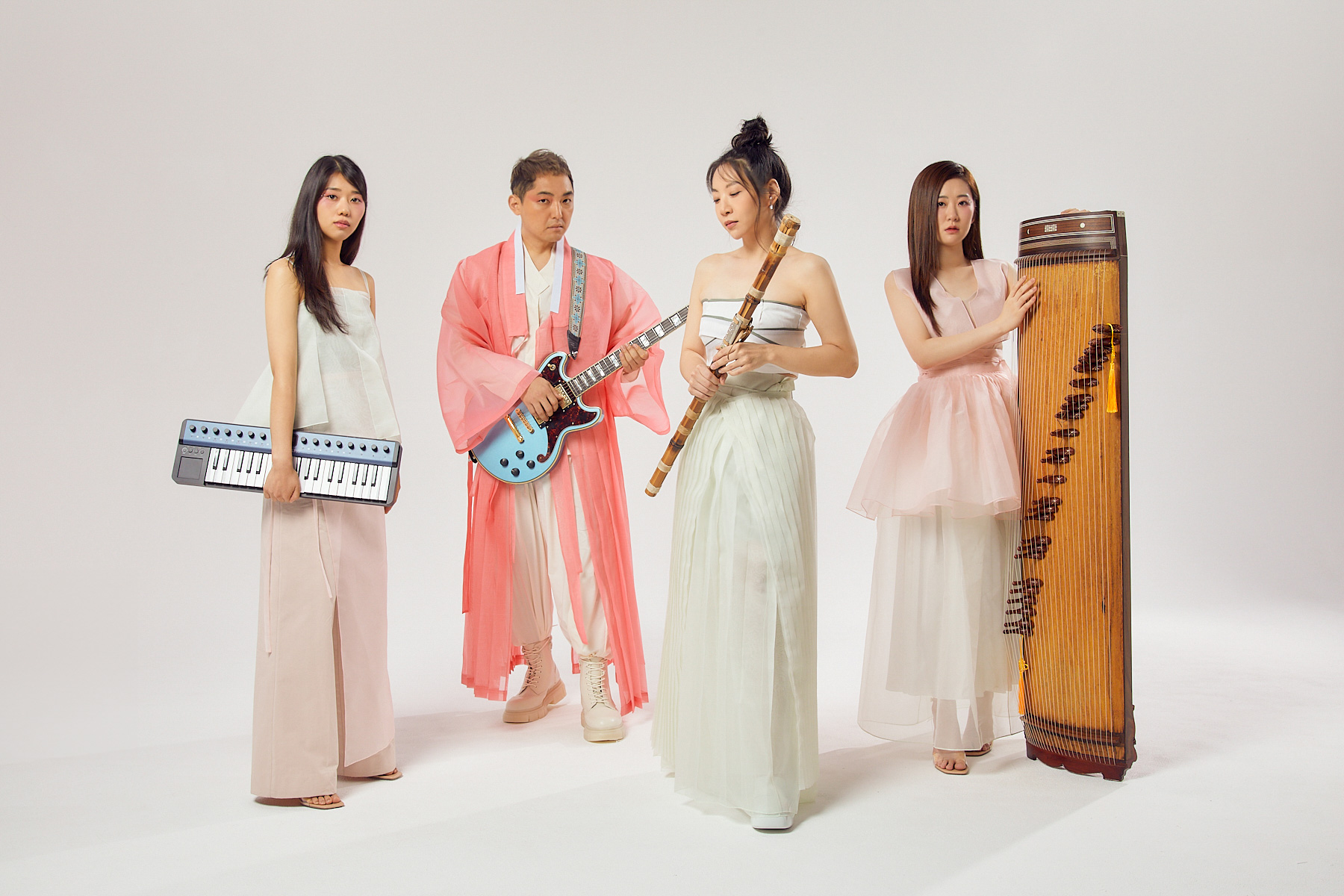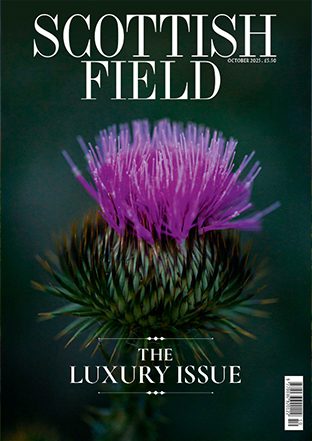Megan Amato talks to band Il Wol Dang about traditional Korean music, jazz and the message they hope to spread.
‘Do you know BTS?’ asked Lee Ju-hang, her question followed by the immediate laughter of her three band members, manager and myself.
Indeed, it would be more of a challenge to find someone who hasn’t heard of the beloved South Korean pop (K-pop) band. The Korean Wave or ‘Hallyu’ has had a huge cultural influence on the world, rapidly growing with the ease of access to K-pop, cuisine, skincare and beauty and media. You only have to look to global streaming platform Netflix, which has committed to investing £2.5 billion in Korean film and television over the next four years, to demonstrate this.
Despite this rising interest in South Korean media and culture, few people may be familiar with traditional Korean music and its rich and distinct history. Il Wol Dang is keen to fill this gap in public perception, and for three weeks Edinburgh audiences can experience this cultural phenomenon.
The four-member band is a marriage between traditional Korean and electronic jazz music, consisting of vocalist and daegeum (bamboo flute) player Lee Ju-hang, Jang Mi-ji on the gayageum (Korean zither), jazz guitarist and bassist Kim Jin-woo, and jazz keyboardist Park Han-been.
‘Traditional Korean music has its own story and history,’ said Lee Ju-hang, who is also the producer and composer of the band, her smile as bright as the teal of her hanbok. ‘Il means sun, Wol means moon and Dang means house,’ she explained. ‘I drew inspiration from Korean history, daily life and nature. I invite audiences to this space between the sun and the moon and hope you can experience our life and home.’
As a band, Il Wol Dang have been together for less than a year. It began when soloist Lee Ju-hang wanted to share the feeling of happiness she garnered from making music, so she began recruiting other members she felt good synergy with.
Both the daegeum and the gayageum have rich and ancient histories and folklore. The timber sound of the former matches well with the subtle but distinct sound of the latter.
‘In western music, the tempo is very accurate,’ Jang Mi-ji said. ‘In Korean music, breathing is really important.’ Lee Ju-hang added, ‘Within the breath and tempo, we are continually searching for our own groove.’ Lee Ju-hang demonstrated this by counting with every breath, stating that instead of counting the tempo she is thinking of how to connect with one another on stage.
Jazz may be a newer genre, and one with its own culturally distinct and diverse history, but the nature of the genre’s interchangeability in its improvisation makes it a great pairing for traditional Korean music.
‘Traditional Korean music and jazz have encountered each other over the years to create new combinations,’ Kim Jin-woo said, adding that he had been desperate to work with Lee Ju-hang to showcase the amazing accompaniment between the genres.
‘The performance stage atmosphere is very important – and so is the players’ mood,’ added Park Han-been on the improvisation as a jazz pianist. ‘I want to feel new feelings through improvisation on a daily basis.’
Though audiences may not yet be as attuned to Korean traditional music, that doesn’t mean that it doesn’t have a presence. You can find evidence of traditional music across mediums and as inspiration to some of the songs we might know. Lee Ju-hang’s music has even been used in Netflix documentaries. ‘People get inspiration and aspiration from traditional music and feel attracted to their traditional selves,’ she added.
In this modern society with busy schedules, Il Wol Dang hopes that their music can draw out priceless emotions and memories from the audience, to offer a metaphorical mirror to reflect upon and know ourselves. ‘I want them to feel how precious their lives are – to reminisce,’ added Lee Ju-hang.
You can see Il Wol Dang at Assembly Checkpoint from Tuesday 15 August until Sunday 27 August, 4.30pm (excluding Monday 21 August).
Read more news and reviews on Scottish Field.
Plus, don’t miss the September issue of Scottish Field magazine.
TAGS


